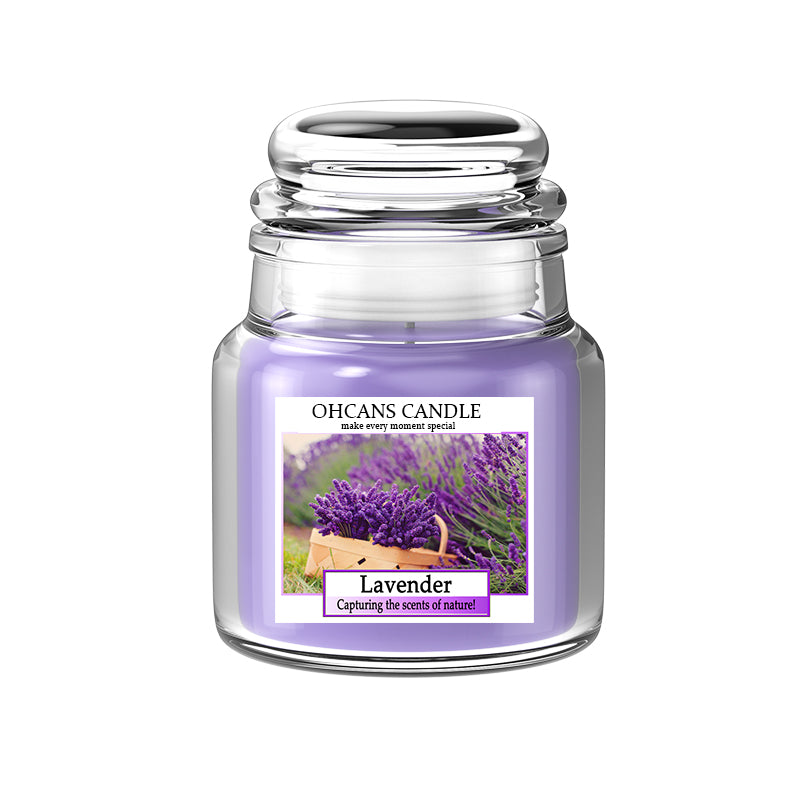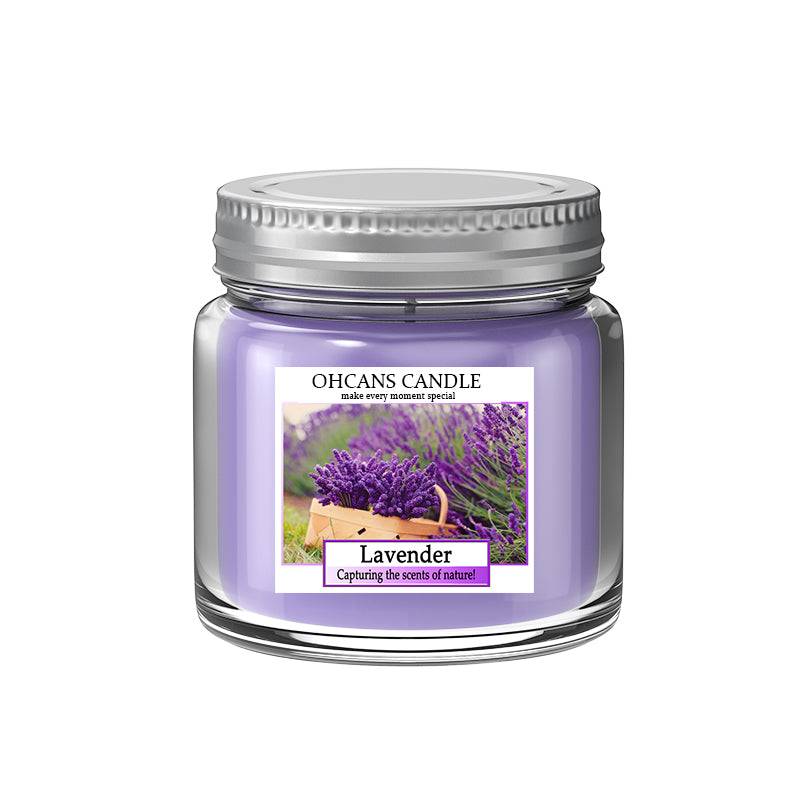Do Scented Candle Keep Bugs Away?
What Type Of Candles Keeps Bugs Away?
There are certain candle that keep bugs away.There is some evidence that certain types of candles may help repel bugs when used outdoors. For example, Citronella candles contain citronella oil, which is a natural insect repellent. The smell repels mosquitos and other flying insects. However, citronella oil fumes are short-lived and must be reapplied frequently. On the other hand, Beeswax candles are purported to repel bees and wasps. Some claim the smell of beeswax deters these insects. However, scientific research is lacking on beeswax's effectiveness. In addition, Lemongrass, eucalyptus, lavender and peppermint scented candles may also provide mild repellent effects against mosquitos. But results are mixed. Moreover, Outdoor candles with integrated bug repellents like allethrin may be more effective than scented candles alone. The synthetic repellent provides additional deterrence. Above all, Any candle will attract insects to the flame at night. But strategically placed candles may make patio areas less desirable for bugs relative to darker spaces.
Overall, citronella and to some degree beeswax candles seem to have a mild repellent effect against flying insects like mosquitos. But results can vary based on dilution, wind, and other factors. Using dedicated bug repellent candles is likely more reliable for deterring pests outdoors. Scented candles alone should not be your sole defense against bothersome bug bites.
When relaxing outdoors on a summer night, bugs crashing the party can be a real nuisance. Lighting the right kind of candle can help repel pests in a natural way without nasty chemicals. Certain plant oils and extracts release bug-repelling aromas when burned in candles.
Popular options are citronella, lemongrass, peppermint, and lavender. Citronella is the most common natural repellent used in candles and other products. Lemongrass oil is actually more powerful than citronella at deterring insects. Peppermint keeps away bugs and rodents too with its strong menthol smell. Lavender repels flies, moths, and mosquitos while providing a calming fragrance.
Other good repellent oils are neem, pine, and lemon eucalyptus. Neem has pesticide properties and a relaxing scent. Pine isn't as strong as citronella or lemongrass, but has a pleasant smell. Lemon eucalyptus works well against mosquitos but attracts bees.
When buying repellent candles, beeswax candles are a great natural choice. Beeswax has a sweet, honey-like scent that deters some flying insects like bees and wasps. Studies are limited, but many users report success with beeswax candles for repelling bugs. Beeswax also has a high melting point which helps disperse aromas effectively when burning. And it's eco-friendly too.
For the best results, look for candles blended with beeswax and essential oils like citronella or lavender. This offers botanical pest repelling from both the wax and oils. Place candles strategically outdoors to make the area less inviting for insects. Just remember repellent candles only deter bugs in closer area, not an entire yard. But they provide a nice natural boost to enjoying patio time in peace.
Cederwood Candle Works as a Wonderful Insect Repellent
Cedarwood candle is a natural insect repellent that effectively combats pests in and around your home. It achieves this through multiple mechanisms. For starters, Cederwood works as excellent bug dehydraters. This is mainly due to the fact that most bugs are sensitive to mositure loss. Therefore, whenever any ants or termites comes in contact with cedarwood essential oil, it drains the moistrure off from the insects body. Besides,Cedarwood is known to disrupt insects' pheromones. Pheromones are chemical signals that insects use for various critical activities, including navigation, mating, and communication. When cedarwood is introduced into the environment, it interferes with the insects' ability to detect and respond to these pheromones. This disruption can make it difficult for insects to locate food sources, mates, or establish their presence, thereby deterring them from your living spaces. Furthermore, Cedarwood also serves as a physical barrier against insects. The scent and properties of cedarwood can deter bugs from entering your home in the first place



Leave a comment